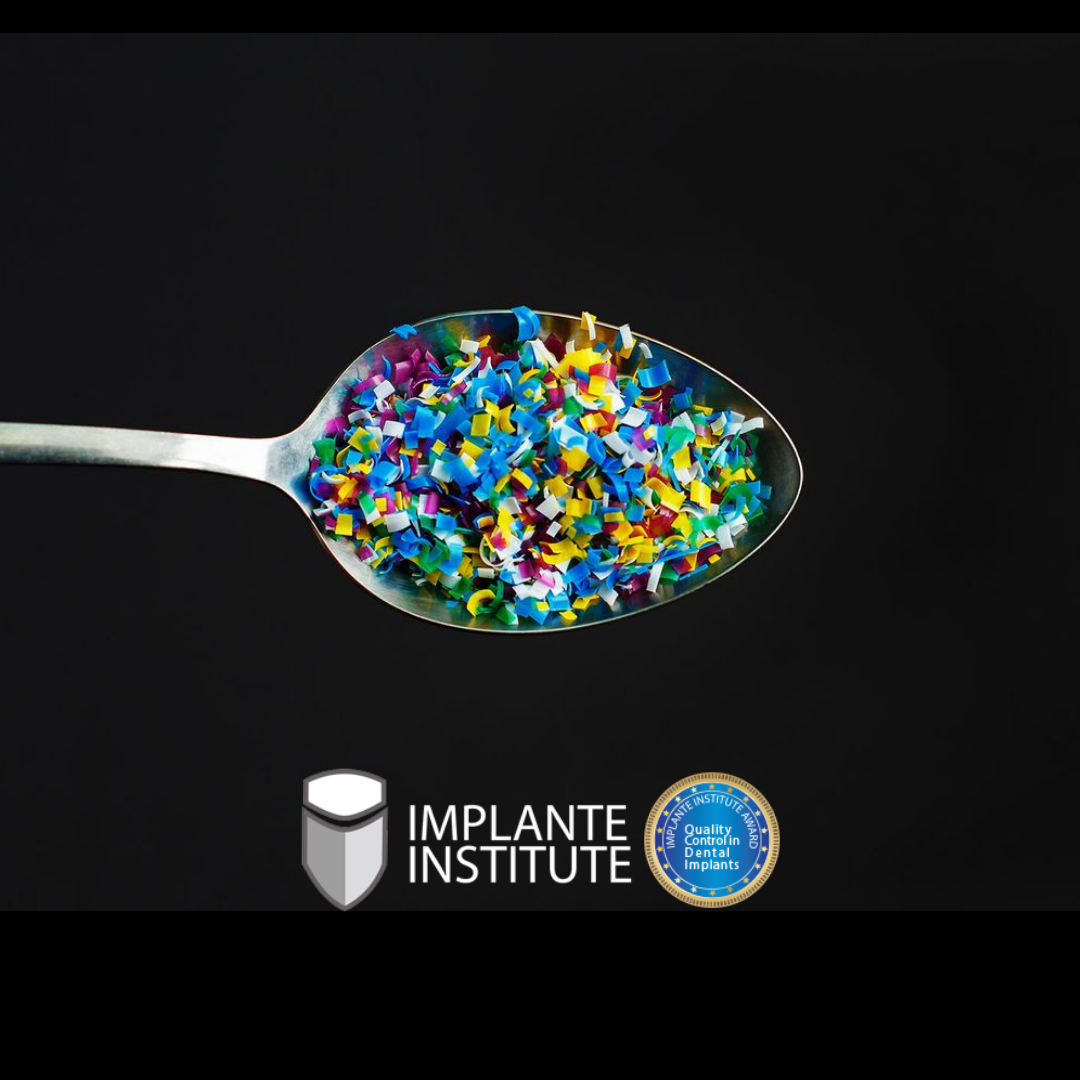Mouse study shows microplastics infiltrate blood brain barrier

Much of the millions of metric tons of plastic waste that washes into the sea each year is broken down into tiny fragments by the forces of the ocean, and researchers are beginning to piece together what this means for organisms that consume them. Scientists in Korea have turned their attention toward the top of the food chain by exploring the threat these particles pose to mammal brains, where they were found to act as toxic substances.
In recent years, studies have revealed the kind of threat microplastics pose to marine creatures. This has included weakening the adhesive abilities of muscles, impairing the cognitive ability of hermit crabs and causing aneurysms and reproductive changes in fish. They've turned up in the guts of sea turtles all over the world, and been discovered in seal poo as evidence of them traveling up the food chain.
Research has also shown they can alter the shape of human lung cells.
To further our understanding of these dangers, researchers at Daegu Gyeongbuk Institute of Science and Technology orally administered polystyrene microplastics two micrometers in size or smaller to mice over the course of seven days.
Like humans, mice have a blood-brain barrier that prevents most foreign substances, and especially solids, from entering the organ, but the scientists found that the microplastics were able to make their way through.
Once in the brain, the scientists found that the particles built up in the microglial cells, which are key to healthy maintenance of the central nervous system, and this had a significant impact on their ability to proliferate. This was because the microglial cells saw the plastic particles as threat, causing changes in their morphology and ultimately leading to apoptosis, or programmed cell death.
Additionally, the scientists carried out experiments on human microglial cells and also observed changes in their morphology, along with changes to the immune system via alterations to the expression of relevant genes, related antibodies and microRNAs. As seen in the mouse brains, this also induced signs of apoptosis.
“The study shows that microplastics, especially microplastics with the size of 2 micrometers or less, start to be deposited in the brain even after short-term ingestion within seven days, resulting in apoptosis, and alterations in immune responses, and inflammatory responses," says study author Dr. Seong-Kyoon Choi." Based on the findings of this research, we plan to conduct additional research that can further reveal the brain accumulation of microplastics and the mechanism of neurotoxicity."

From left: Dr. Seong-Kyoon Choi, Dr. Sung Jun Lee, Dr. Wookbong Kwon and Researcher Daehwan Ki from the Daegu Gyeongbuk Institute of Science and Technology
Daegu Gyeongbuk Institute of Science and Technology
The research was published in the journal Science of The Total Environment.
Source: Daegu Gyeongbuk Institute of Science and Technology
